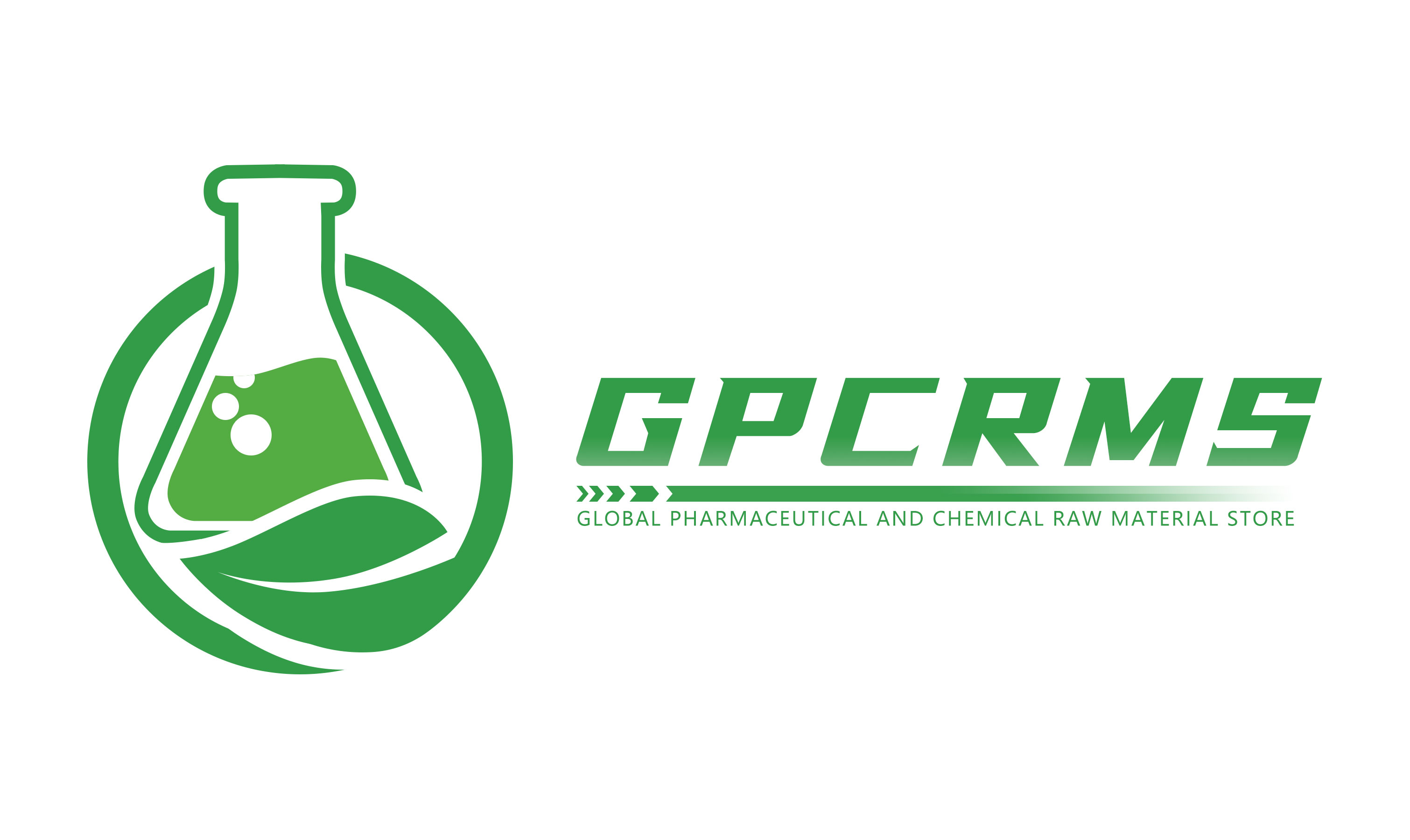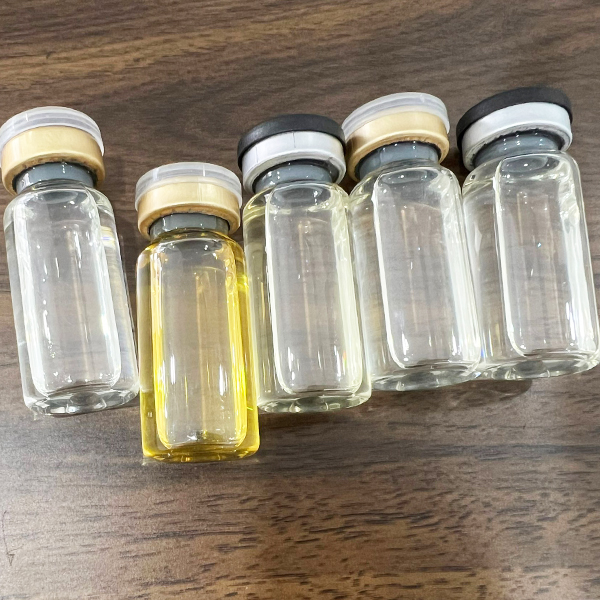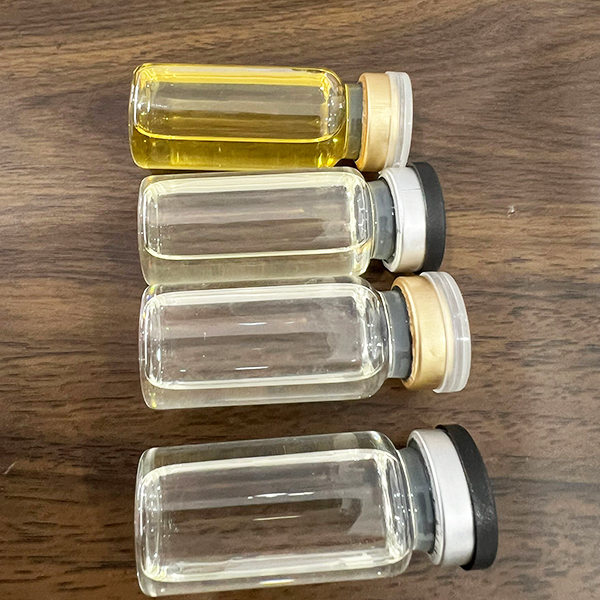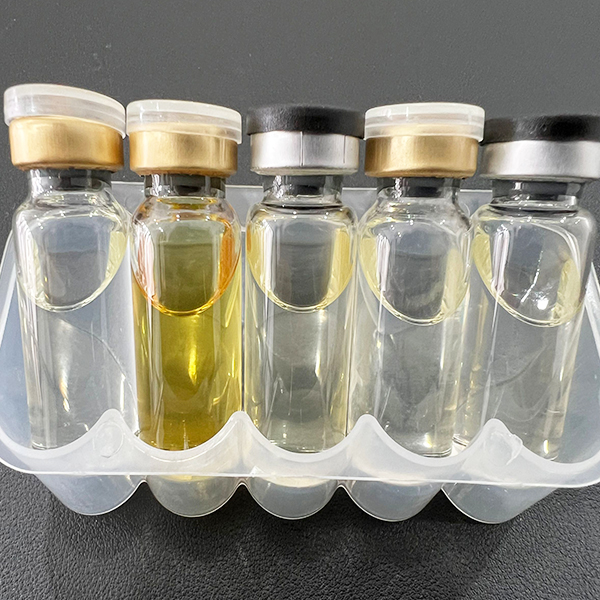L-Theanine is an amino acid primarily found in tea leaves, particularly in green tea. It is widely recognized for its calming, relaxing effects and is often used as a supplement to improve mood, reduce stress, and enhance cognitive function. L-Theanine is known to promote a state of relaxed alertness, which is why it is commonly paired with caffeine to help balance the stimulating effects of caffeine with its relaxing properties.
L-Theanine has gained popularity due to its ability to promote relaxation without sedation, making it a useful supplement for improving focus and mental clarity, especially in high-stress environments.
How L-Theanine Works
L-Theanine affects several key neurotransmitter systems in the brain, leading to its calming and cognitive-enhancing effects:
GABA (Gamma-Aminobutyric Acid) Production:
L-Theanine stimulates the production of GABA, a neurotransmitter known for its calming and anti-anxiety properties. Higher GABA levels can promote relaxation and reduce stress without drowsiness.
Dopamine and Serotonin Regulation:
L-Theanine increases levels of dopamine and serotonin, two key neurotransmitters that regulate mood, focus, and cognitive function. This can result in improved mood and cognitive performance.
Alpha Brain Wave Activity:
L-Theanine promotes alpha brain wave activity, which is associated with a relaxed but alert mental state. This state is often associated with meditation and is conducive to creativity, problem-solving, and focus.
Reduced Cortisol Levels:
L-Theanine has been shown to reduce cortisol, the hormone associated with stress. By lowering cortisol, it helps mitigate the negative effects of stress, leading to a more relaxed state.
Caffeine Modulation:
When taken alongside caffeine, L-Theanine can help smooth out the jitteriness or overstimulation caused by caffeine. It enhances the cognitive and physical benefits of caffeine while reducing the risk of negative side effects like anxiety or nervousness.
Benefits of L-Theanine
Promotes Relaxation:
L-Theanine’s ability to induce relaxation without causing sedation makes it an excellent supplement for reducing stress and anxiety. It helps users achieve a calm, focused state of mind.
Improves Focus and Cognitive Performance:
By increasing dopamine and serotonin levels and promoting alpha brain wave activity, L-Theanine can enhance mental clarity, concentration, and cognitive performance, especially during tasks requiring sustained focus.
Better Sleep Quality:
L-Theanine may help improve sleep quality by reducing stress and promoting a state of calmness, which makes it easier to fall asleep. It is non-sedative but can help people relax before bed.
Supports Mood Regulation:
Through its effects on serotonin and dopamine, L-Theanine can help improve mood, reduce anxiety, and combat symptoms of depression, making it a useful supplement for mood stabilization.
Enhances the Effects of Caffeine:
When combined with caffeine, L-Theanine smooths out the stimulating effects, providing a focused, alert feeling without the jitters commonly associated with caffeine. This combination is popular in the nootropic community for its ability to enhance productivity and mental performance.
Neuroprotective Effects:
Some studies suggest that L-Theanine has neuroprotective effects, potentially helping to protect the brain from oxidative stress and age-related decline in cognitive function.
Dosage Guidelines for L-Theanine
The ideal dosage of L-Theanine depends on individual goals and sensitivity to the compound. Here are typical dosage ranges:
Standard Dosage:
A typical dose ranges from 100 mg to 400 mg per day, depending on the desired effect. Most people start with a lower dose and increase it if necessary.
For Relaxation and Stress Relief:
For general relaxation and stress reduction, 100–200 mg of L-Theanine is commonly recommended.
For Improved Focus and Cognitive Performance:
If you're combining L-Theanine with caffeine, a typical ratio is 200 mg of L-Theanine for every 100 mg of caffeine to balance stimulation with relaxation.
For Sleep Support:
L-Theanine is sometimes used to promote better sleep, in which case 200–400 mg taken about 30 minutes before bed may be effective.
Administration:
L-Theanine is typically taken orally in capsule, tablet, or powder form. It can also be consumed in tea, but the concentration may be lower than what is typically used for supplementation.
Stacking L-Theanine
L-Theanine can be stacked with a variety of other nootropic supplements to enhance its benefits:
With Caffeine:
One of the most common stacks is L-Theanine with caffeine. The combination of the two compounds promotes enhanced focus, alertness, and cognitive performance, while mitigating the overstimulation and anxiety that caffeine can cause. This stack is often used to increase productivity and mental clarity.
With Adaptogens (e.g., Rhodiola Rosea, Ashwagandha):
For additional stress-reducing benefits, L-Theanine can be stacked with Rhodiola Rosea or Ashwagandha, both of which help reduce anxiety and support overall mood regulation.
With Ginkgo Biloba:
Ginkgo Biloba is often stacked with L-Theanine to enhance cognitive function, particularly memory and mental clarity.
With Other Nootropics (e.g., Noopept, Piracetam, Aniracetam):
L-Theanine pairs well with nootropics like Noopept, Piracetam, or Aniracetam to reduce the anxiety or jitteriness that can sometimes accompany these cognitive enhancers, while improving their overall effectiveness.
With Omega-3 Fatty Acids:
Combining L-Theanine with omega-3 fatty acids (such as those found in fish oil) can promote cognitive health, mood stabilization, and general brain function.
Side Effects of L-Theanine
L-Theanine is generally considered safe for most people, with a low risk of side effects when taken at appropriate doses. However, some individuals may experience the following:
Drowsiness or Sedation:
Although L-Theanine is not a sedative, in some cases, it may cause drowsiness, especially when taken in high doses or if combined with other calming substances.
Headaches:Rarely, L-Theanine may cause headaches, particularly when taken in combination with other supplements or medications that affect neurotransmitter systems.
Gastrointestinal Discomfort:Some users report mild stomach discomfort, nausea, or bloating, especially when taking higher doses.
Low Blood Pressure:Since L-Theanine may have a mild relaxing effect, it could slightly lower blood pressure. People with low blood pressure or those taking medications for hypertension should consult a healthcare provider before using L-Theanine.
Safety and Precautions
Pregnancy and Breastfeeding:
While there is limited data on the safety of L-Theanine during pregnancy or breastfeeding, it is generally advised to avoid taking supplements unless recommended by a healthcare professional.
Drug Interactions:L-Theanine has mild sedative effects and could interact with medications that affect the central nervous system, including antidepressants, sedatives, or anti-anxiety drugs. Always consult a healthcare provider if you are on medication or have any medical conditions.
Conclusion
L-Theanine is a popular nootropic and wellness supplement known for its ability to promote relaxation, reduce stress, and improve cognitive function. It can be particularly useful for those looking to enhance focus, manage anxiety, or improve sleep quality. When paired with caffeine, L-Theanine helps to create a balanced mental state of calm alertness, which many users find conducive to productivity.
L-Theanine is well-tolerated by most people, with a low risk of side effects, making it an excellent addition to daily supplementation for overall mental well-being. However, as with any supplement, it is important to use L-Theanine responsibly and consult a healthcare provider if you have any concerns or pre-existing conditions.





